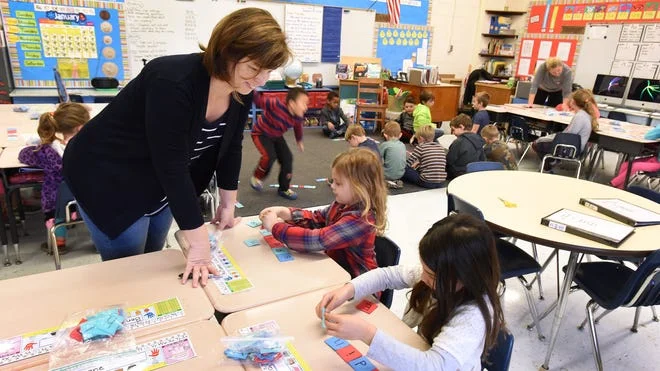
Is Florida’s Education Overhaul the Blueprint for America’s Schools?
In the evolving landscape of American education, Florida has emerged as a trailblazer, setting policies that are now influencing national agendas. With Governor Ron DeSantis at the helm, the state's push for conservative reforms, including school choice and parental rights, has caught the attention of federal leaders, raising questions about the future of education nationwide.
Florida's education revolution began under DeSantis, who championed initiatives like Education Savings Accounts (ESAs) and restrictions on certain classroom discussions. As detailed in recent reports, more than 500,000 students in Florida now benefit from these programs, allowing parents to customize education through private schooling, tutoring, or specialized services. This movement has inspired President Trump, who has adopted similar priorities, such as promoting 'patriotic' curricula and seeking to defund institutions with diversity practices he opposes. A Trump spokesperson emphasized that states like Florida are 'leading in this area,' signaling a partnership that could reshape schools across the U.S.

Analysis reveals stark contrasts between state and federal capabilities. DeSantis swiftly transformed institutions like New College of Florida by appointing conservative trustees, eliminating diversity programs, and emphasizing originalist views in civics education. Critics argue this approach burdens schools with new requirements, such as cataloging books for parental opt-outs. In contrast, Trump's efforts face legal hurdles; for instance, universities like Harvard are challenging federal overreach, highlighting the limits of presidential power in a system designed for local control. As Christopher Rufo, a conservative strategist, noted, 'President Trump really opened up the culture war,' but it was DeSantis who honed it for education amid COVID-19 frustrations.
Personal stories underscore the human impact. Jessy Valladares, a Florida parent, shared how the Family Empowerment Scholarship enabled her daughter to attend a Catholic school, contrasting this with states like California that lack similar options. Tiffany Justice, from Moms for Liberty, praised these changes, urging expansion rather than caps on programs. However, proposals to limit ESAs in Florida could reverse progress, potentially confusing families with added bureaucracy.
Comparing these developments, Florida's model demonstrates how state-level action can achieve rapid reforms that federal policies struggle to match. The Supreme Court's potential rulings on parental opt-outs could amplify this nationwide, posing risks to educational equity.

In summary, Florida's education initiatives highlight a pivotal shift toward parental empowerment and conservative values, with far-reaching implications for U.S. policy. Will this pave the way for a more customized education system or spark greater divisions? Readers are encouraged to share their thoughts: Do these changes benefit students, or do they risk undermining public education? Leave a comment below and spread the discussion.